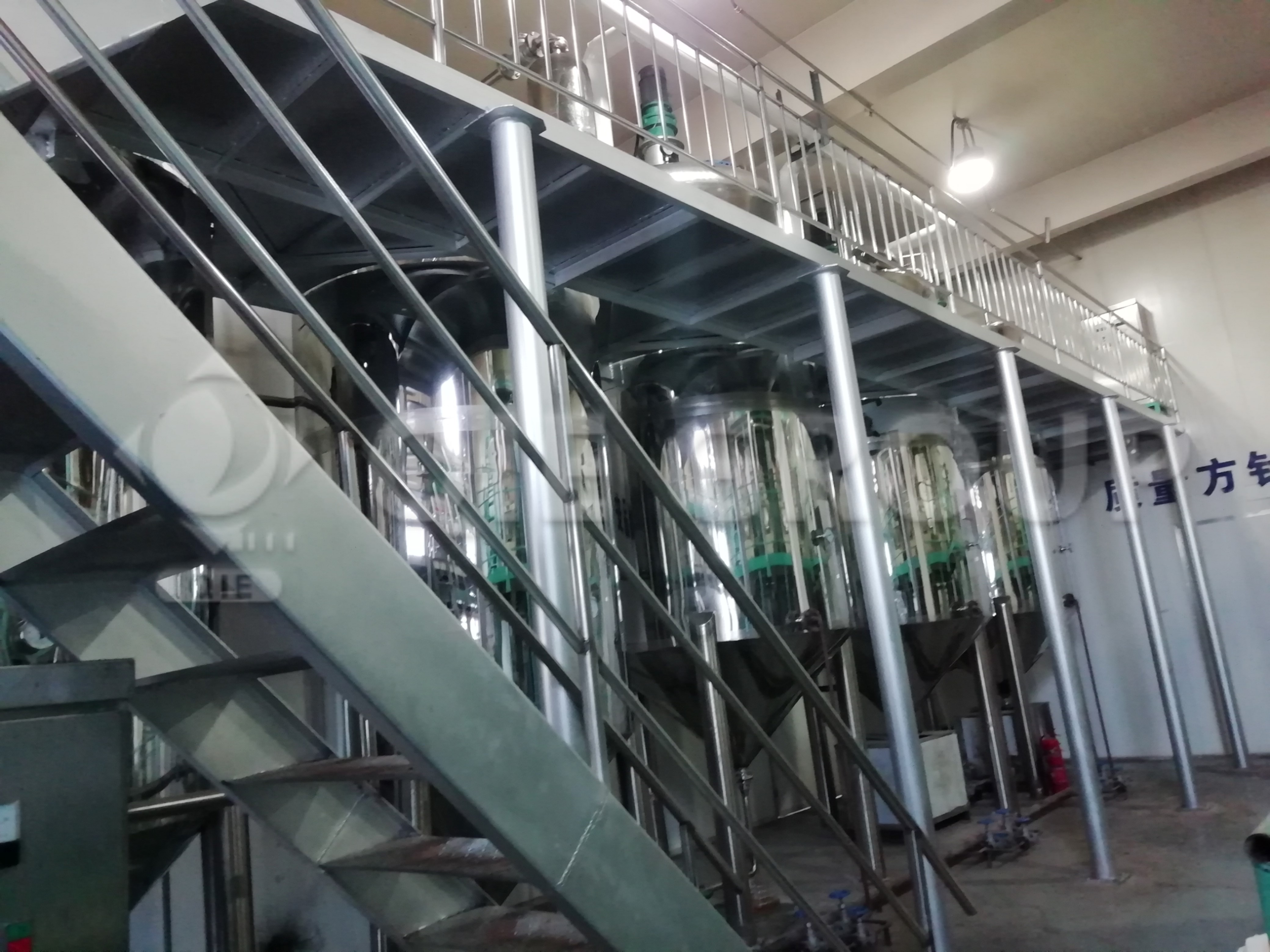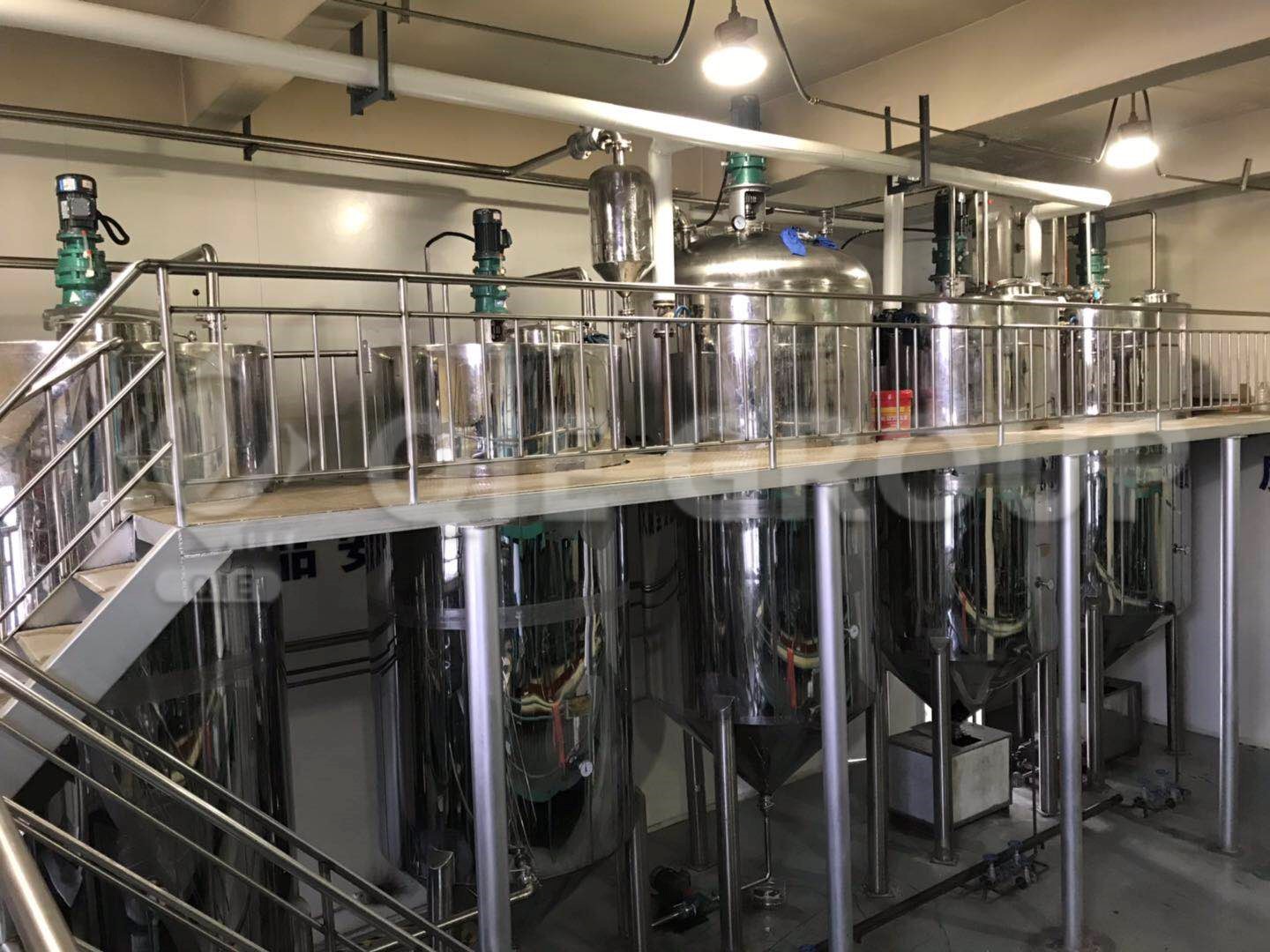The Botswana peanut crushing and refining project is a model of China-Africa agricultural cooperation, and has formed a complete industrial chain since it began operations in 2023.
Leveraging local high-quality peanut resources, the project boasts an annual processing capacity of 500 tons , producing high-purity peanut oil and protein products, which are exported to markets such as the EU and South Africa. As Botswana's first modern agricultural product deep-processing project, it employs internationally leading low-temperature pressing and physical refining technologies, preserving the natural nutrients of peanuts while meeting IFS international food standards certification. The factory is equipped with automated production lines and a rigorous quality control system, ensuring full traceability from raw material selection to finished product packaging, significantly enhancing the global competitiveness of African peanut products. Through technology transfer and localized operation, this project not only fills the gap in Botswana's peanut deep-processing industry but also serves as a benchmark for value-added agricultural products in sub-Saharan Africa.







 Peanut oil refining line" width="797" style="height: 389px; max-width: 100%;">
Peanut oil refining line" width="797" style="height: 389px; max-width: 100%;">.png)
.png)





